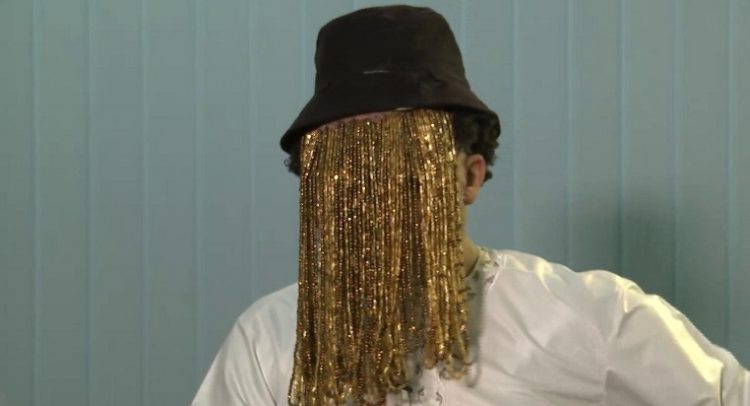
The Supreme Court has, by a majority decision, rejected an application by suspended Chief Justice Gertrude Araba Esaaba Sackey Torkornoo to halt the work of the presidential committee probing her potential removal from office.
The ruling marks another major legal setback in her efforts to challenge the constitutional process triggered by three separate petitions seeking her dismissal.
A five-member bench, comprising Justices Paul Baffoe-Bonnie, Issifu Omoro Tanko Amadu, Yonny Kulendi, Henry Anthony Kwofie and Richard Adjei-Frimpong unanimously dismissed her request for an interlocutory injunction and struck out a supplementary affidavit filed in support of her case.
The Deputy Attorney General, Dr. Justice Srem-Sai, opened arguments by requesting the court to strike out the second to sixth defendants, claiming that the writ filed by the Chief Justice on May 21, 2025 indicated only the Attorney General as the party truly affected by the reliefs sought.
Justice Tanko Amadu, however, questioned the approach, noting such an objection should have been raised via a formal motion to allow for a proper response.
In response, the former A-G Godfred Yeboah Dame, representing the Chief Justice, called the objection “unmeritorious,” arguing that the reliefs sought clearly implicated all the defendants, despite procedural omissions in identifying them by name.
The Court agreed, ruling that failure to name all parties explicitly in the writ was not fatal to the case and dismissed the objection.
The Deputy Attorney General also urged the Court to strike out the Chief Justice’s supplementary affidavit filed on May 26, 2025 arguing that it breached Article 146(8) of the Constitution, which mandates confidentiality in proceedings for the removal of judges.
He cited Tiger Eye PI v Justice Dery and other cases to support his claim that any reference to the committee’s in-camera proceedings in the affidavit was unconstitutional.
While Mr Dame countered that the affidavit did not amount to disclosing committee “proceedings” as constitutionally defined, and maintained that judicial review remains a valid recourse even under Article 146, the Court ruled otherwise.
Justice Baffoe-Bonnie observed that the affidavit contained details of events occurring within the confidential process. The Court unanimously struck out the supplementary affidavit for violating Article 146(8).
Allegations of Bias and Fair Trial
Godfred Dame further argued that the Chief Justice had not been properly informed of a prima facie determination by the President, as required under Article 146.
He pointed to a letter dated April 22, 2025 from the Office of the President as insufficient evidence of such a determination.
He insisted that this procedural lapse infringed upon the Chief Justice’s right to a fair hearing and due process.
He also raised concerns about the impartiality of committee members -Justices Gabriel Pwamang and Adibu-Asiedu – citing their prior involvement in cases connected to the allegations. He argued that their presence on the committee undermined the integrity of the process.
The Deputy Attorney General rebutted, stating that previous court rulings had already addressed these concerns, including an earlier ruling, which found no sufficient basis to disqualify Justice Asiedu or to question the prima facie determination.
Justice Baffoe-Bonnie, responding to Dame’s arguments, questioned the propriety of suggesting bias among senior judges without clear evidence. “We took an oath,” he said, emphasising the judiciary’s independence and integrity.
Final Ruling: Injunction Dismissed
The suspended Chief Justice’s main plea was for an interlocutory injunction to stop the committee’s proceedings until the Court had resolved the broader constitutional questions she raised. She claimed irreparable harm would befall her if the process continued without clarity on whether proper procedures were followed.
Mr. Dame stressed that this was the first time the directly affected individual – Chief Justice Torkornoo – was before the Court and argued that serious constitutional questions warranted intervention.
Justice Kulendi pushed back on Dame’s broader plea for a blanket bar on future injunction applications in the matter, saying “You expect us to issue a pre-emptive decree that nobody should file an injunction again?”
In a final ruling, the Court held that the application had no merit and dismissed it. The justices unanimously ruled that no sufficient legal grounds had been presented to justify halting the committee’s work.
The full reasons will be made available on June 12, 2025.
The post Torkornoo’s Injunction Application Thrown Out appeared first on The Ghanaian Chronicle.
Read Full Story

















Facebook
Twitter
Pinterest
Instagram
Google+
YouTube
LinkedIn
RSS